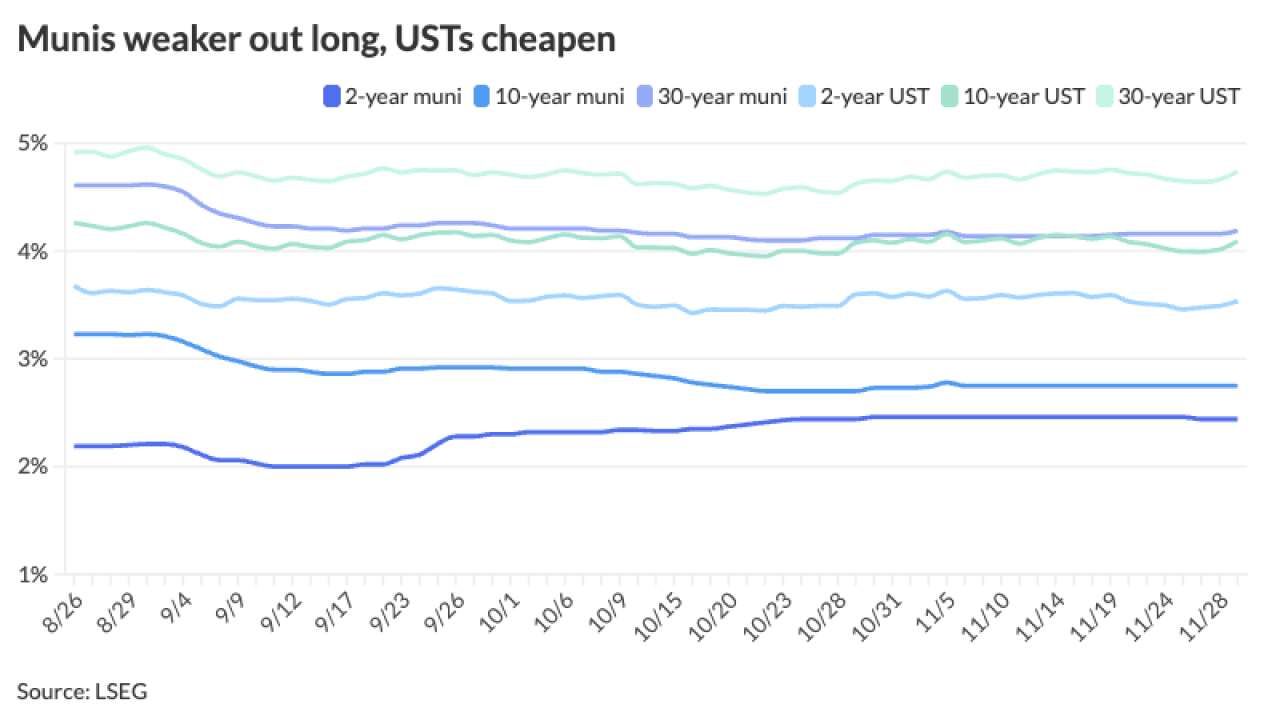DALLAS — Detroit's fiscal progress is clouded by significant pension funding strains that have emerged in the short time since the city left bankruptcy, its mayor said.
Mayor Mike Duggan warned of a possible lawsuit against the city's bankruptcy consultants during his State of the City speech Tuesday night.
Duggan used the occasion to highlight the city's strides, 14 months after emerging from its historic Chapter 9.
The city is two months away of finishing fiscal year 2016 with a balance budget and is on track to deliver a third straight balanced budget for fiscal 2017, something it had not done since 2002.
"We are finally bringing financial discipline to this community," he said.
Duggan's optimistic tone shifted as he outlined what he called the biggest fiscal threat facing the city -- a $490 million pension fund deficit which the city must begin to close in 2024. The city's restructuring plan put off the payments until then to give the city time to shore up its finances before tackling the burden.
"It's not a crisis today, it's a problem," he said. "We are going to keep the pension plan solvent and keep our promise to our retirees. It's been broken once and we are going to make darn sure it doesn't get broken again."
The shortfall caught the city off-guard, the mayor said.
"When we left bankruptcy the emergency manager and the consultants left us with a plan of adjustment that said the pension fund would be fully funded and just months later an independent analysis shows us there is a shortfall," said Duggan.
The city exited Chapter 9 in December 2014.
Detroit, led by Emergency Manager Kevyn Orr with the support of Michigan Gov. Rick Snyder, filed for bankruptcy in July 2013.
Orr did not respond to requests for comment on Duggan's criticisms.
The most detailed look at the city's post-bankruptcy finances came in late November from the Detroit Review Commission. The nine-member group was established under the so-called "Grand Bargain" legislation that drove the bankruptcy exit plan and is charged with ensuring that Detroit stays on course by reviewing borrowing, some contracts, and long-term fiscal plans.
Under the Grand Bargain, the city isn't required to pay off the liability until after 2023. The delay was aimed at giving Detroit time to shore up its finances and improve its economy. The city will draw from its general fund to cover the pension obligations.
The actuarial estimates in the city's Plan of Adjustment projected an actuarially required contribution, or ARC, of $111 million in 2024.
In November, the system's actuary, because of the $490 million shortfall, raised the annual figure to $194.4 million. The fiscal commission report attributed the big leap to changes in mortality tables and a differing effective date of the exit plan and pension plan amendments.
The city has engaged an independent consultant to look at funding options and it's found that the original estimates were off target.
Duggan said the city plans to hire a national expert and will direct $20 million over two years from its budget surplus toward bringing the pension deficit down. "We won't ask anyone for a bailout," he said. "This wasn't a problem of our creation but we are going to manage it."
Duggan has also directed the city's chief litigation officer , Chuck Raimi, to review any possible legal claims the city may have against the emergency manager and consultant.
"I want to know how we could pay these guys $177 million for the work they did and once they are out of town there is $490 million hole just a few months later," he said.
Restructuring specialist James Spiotto of Chapman Strategic Advisors LLC said the volatile nature of pensions makes it hard to predict what liabilities might be down the line. "The way you end up with any unfunded pensions is because any losses in investments change the number," he said.





